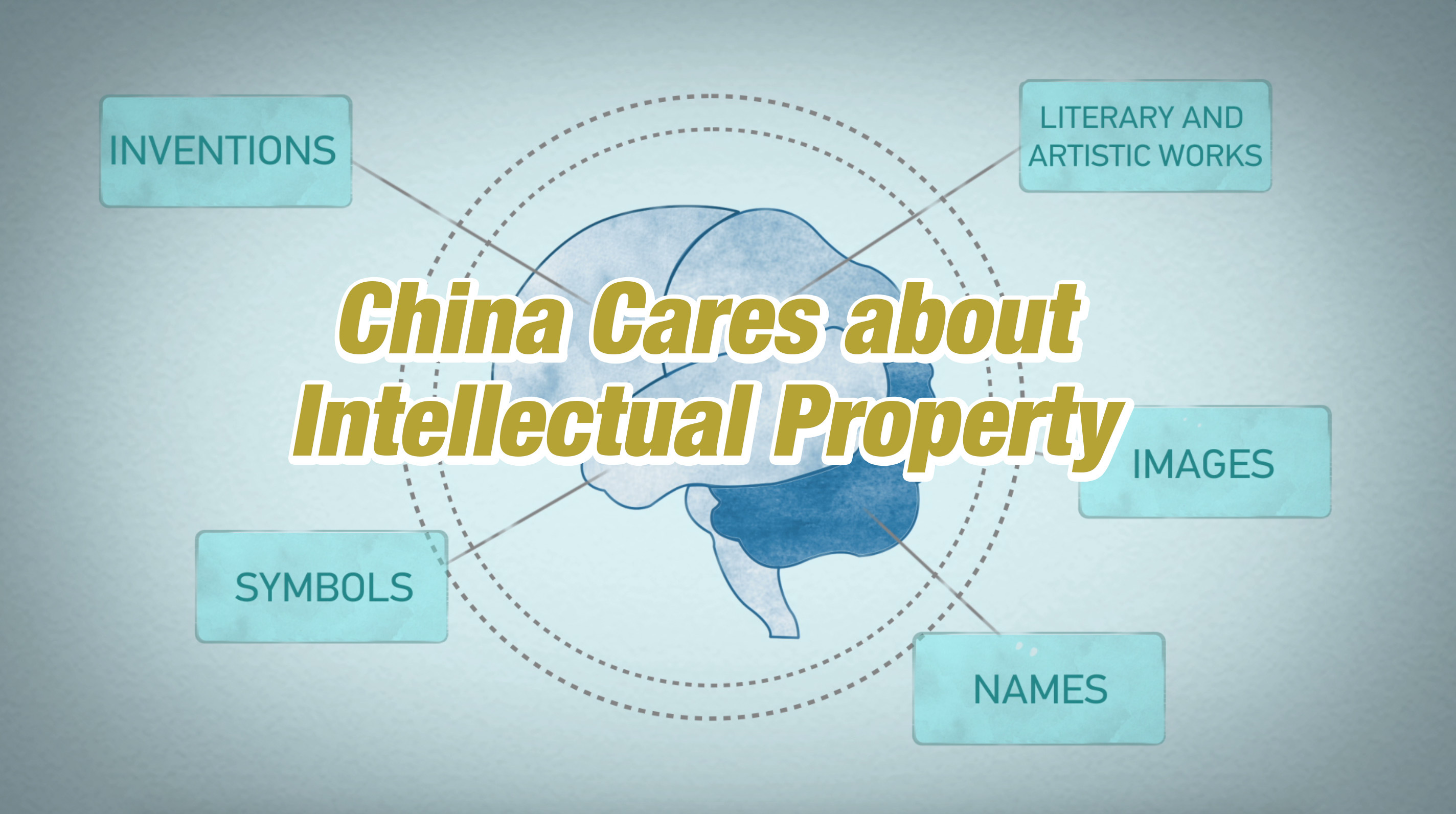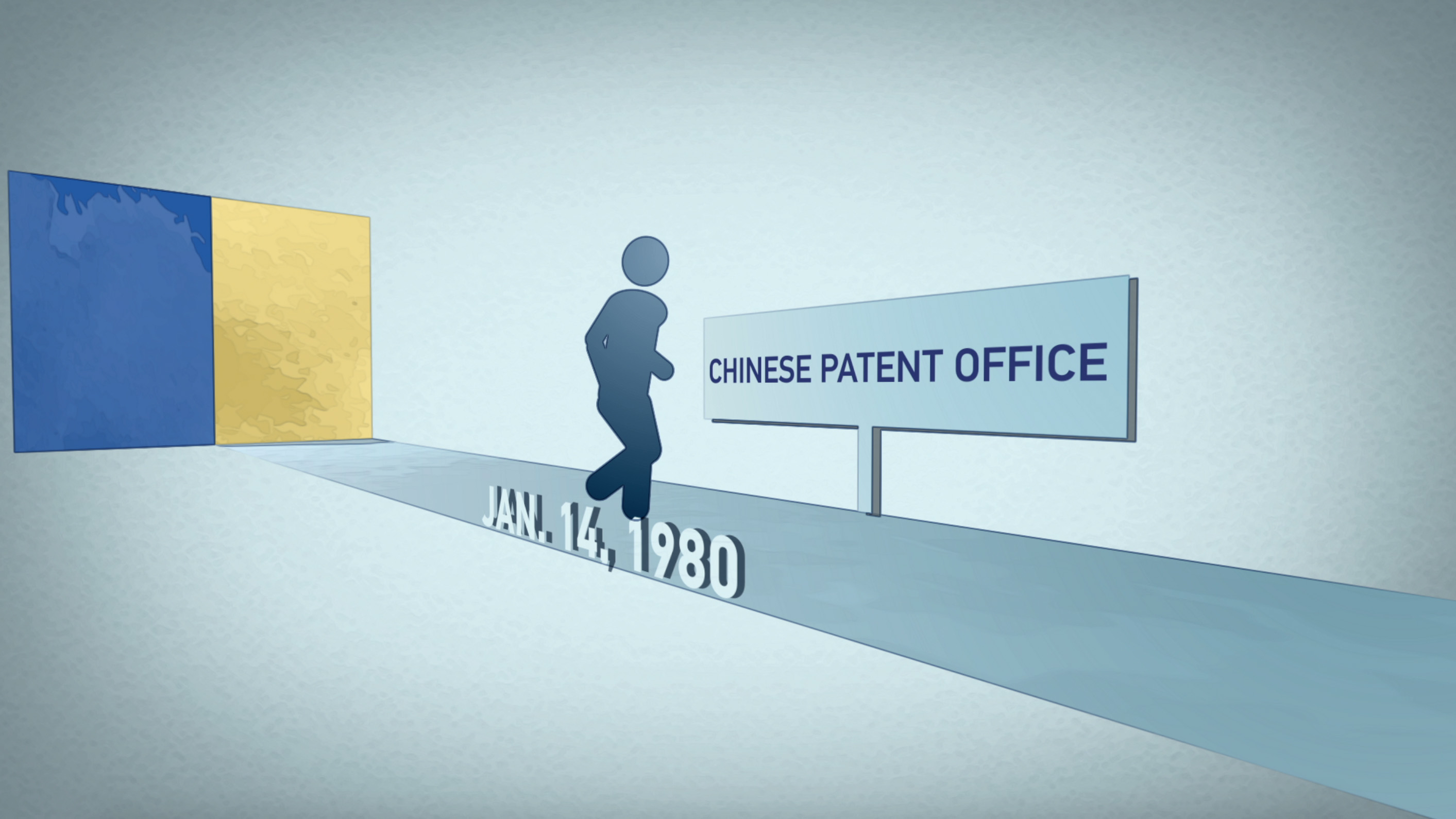
World
22:44, 31-Jul-2018
China cares about intellectual property
Updated
09:36, 04-Aug-2018
Wang Kailin
02:56

China has been a nation of innovation since its inception over 5,000 years ago. Emperor Qin Shihuang’s unification of China brought about great stability, creating an environment suitable for intellectualism and creativity. The “Four Great Inventions” of ancient China – papermaking, printing, gunpowder, and the compass – formed a crucial part of the foundation on which Chinese society would be constructed.
Today, China continues to be a nation of innovation. Mobike and Ofo are two of China's 50+ bike-sharing apps, which now allow over 100 million registered users to pick up a bike on a street corner of their choice, scan a QR code to unlock the bike, get where they need to go and leave the bike on the sidewalk. WeChat Pay and Alipay have created virtually cash-free economies in China's urban centers, and both are world leaders in the mobile payment industry. New technology allows citizens to enter the subway by simply scanning a QR code on their cellphones, not to mention the high-speed railways that traverse China's vast landscape. Chinese companies used both ideas from within China and experts abroad to make these innovations a reality.
In January 1980, China joined other UN member states to found the World Intellectual Property Organization (WIPO) and established the Chinese patent office. During the two decades following the codification of Chinese patent law in 1984, almost 2.3 million patent applications were approved, with over 1.87 million coming from China and a significant 410,000 coming from abroad.

In January 1980, the State Council of China approved the establishment of the Chinese Patent Office.
In January 1980, the State Council of China approved the establishment of the Chinese Patent Office.
In 2017 alone, 120,000 foreign trademark applications were filed in China. Despite this clearly-outlined, widely-utilized apparatus for intellectual property protection, many opponents of Chinese policy argue that intellectual property laws are not enforced. Foreign companies, however, win approximately 80% of patent infringement cases they bring to Chinese courts, evidencing strong enforcement of intellectual property rights. This number has increased from an already impressive average of 70% between 2006 and 2011, possibly a result of Xi Jinping's efforts to remove corruption and bias from China's justice system.
In a press conference on March 19, 2018, Foreign Ministry spokesperson Hua Chunying responded to questions regarding China's protection of intellectual property. She pointed out that reports released by the WIPO had come to recognize the large scope of China's efforts to protect intellectual property, including a record of 1.3 million patent applications in 2016, outnumbering those in the United States, Japan, European Union and Republic of Korea combined. The same year, China became one of only three countries in the world to have approved over 1 million patent applications. Both the rapid growth of China's economy and the political reform that has taken place under President Xi have made China an attractive location for foreign companies seeking to protect intellectual property.
China certainly has incentives to continue to foster the preservation of intellectual property. With ever increasing domestic innovation and partnerships with companies abroad, it is no doubt in China's best interests to maintain a strong framework for the protection of intellectual property rights. China has set a comprehensive foundation for this framework, and will only continue to improve it in the coming years.
Video editor: Wang Kailin
Script writer: Wang Kailin, Sim Sim Wissgott
Voice over: Sim Sim Wissgott
Graphic design: Du Chenxin
Cartoon design: Pan Yongzhe, Wang Li

SITEMAP
Copyright © 2018 CGTN. Beijing ICP prepared NO.16065310-3
Copyright © 2018 CGTN. Beijing ICP prepared NO.16065310-3